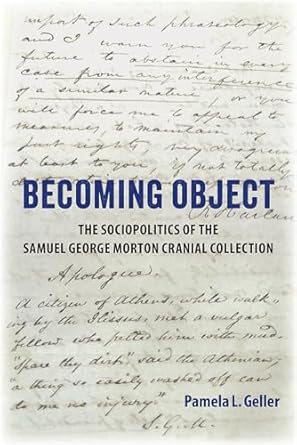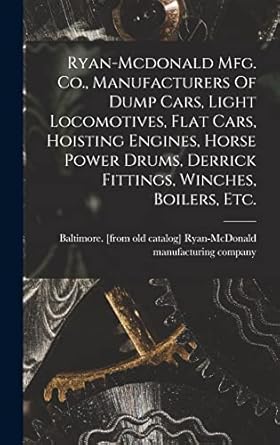Go back


Becoming Object The Sociopolitics Of The Samuel George Morton Cranial Collection(1st Edition)
Authors:
Pamela L Geller

Cover Type:Hardcover
Condition:Used
In Stock
Shipment time
Expected shipping within 2 DaysPopular items with books
Access to 10 Million+ solutions
Free ✝
Ask 10 Questions from expert
200,000+ Expert answers
✝ 7 days-trial
Total Price:
$0
List Price: $110.00
Savings: $110(100%)
Book details
ISBN: 1683404599, 978-1683404590
Book publisher: University of Florida Press
Get your hands on the best-selling book Becoming Object The Sociopolitics Of The Samuel George Morton Cranial Collection 1st Edition for free. Feed your curiosity and let your imagination soar with the best stories coming out to you without hefty price tags. Browse SolutionInn to discover a treasure trove of fiction and non-fiction books where every page leads the reader to an undiscovered world. Start your literary adventure right away and also enjoy free shipping of these complimentary books to your door.








